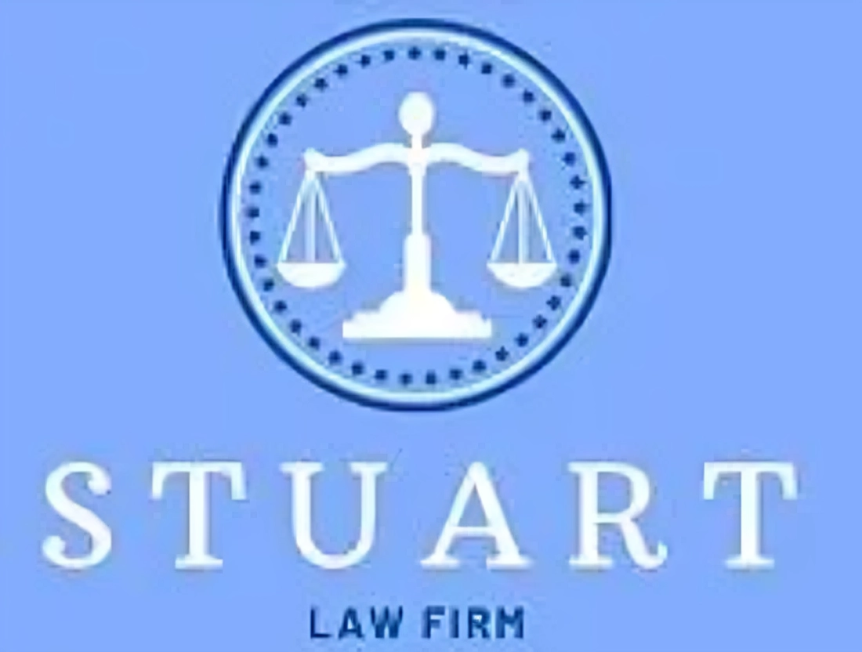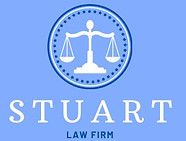Managing Medical Debt and Bankruptcy in Virginia
Sharon Stuart
Unexpected medical bills are one of the leading causes of financial distress in the United States. For many Virginia families, a sudden illness or emergency treatment can quickly lead to overwhelming debt. Even those with health insurance often find themselves struggling with high deductibles, copays, or out-of-network charges.
At Stuart Law Firm, LLC, we understand how stressful medical debt can be. We help clients across Richmond, Henrico, Chesterfield, and throughout Virginia explore their options — including whether bankruptcy may provide the relief they need.
If you are facing mounting medical debt, call us today at 804-221-2162 or visit http://www.stuartlawfirmllc.com/
Why Medical Debt is Different
Unlike credit card debt or personal loans, medical debt usually arises through circumstances outside your control. No one plans for a car accident, surgery, or extended hospital stay. Unfortunately, once the bills arrive, they can affect your credit score and financial future just like any other unsecured debt.
In Virginia, hospitals and providers may also pursue collections aggressively, adding more stress to families already focused on recovery. Understanding your rights and options is the first step in regaining control.
Options for Managing Medical Debt
Before considering bankruptcy, there may be ways to manage or reduce medical debt, such as:
-
Negotiating with providers – Hospitals and doctors may agree to lower bills or offer payment plans.
-
Charity care and financial assistance – Many Virginia hospitals have programs that reduce or forgive bills for patients who qualify.
-
Medical credit counseling – Nonprofit credit counselors can sometimes consolidate payments into a manageable plan.
These options can provide temporary relief, but for those with significant debt, bankruptcy may be the most effective solution.
How Bankruptcy Can Help with Medical Debt
The good news is that medical debt is considered unsecured debt, just like credit card debt, and is generally dischargeable through bankruptcy. Depending on your circumstances, you may qualify for:
-
Chapter 7 Bankruptcy – Often called “liquidation bankruptcy,” Chapter 7 can eliminate most unsecured debts, including medical bills, in just a few months. Many Virginia residents are surprised to learn they can keep their home, car, and other essential property through exemptions.
-
Chapter 13 Bankruptcy – Known as a “wage earner’s plan,” Chapter 13 allows you to consolidate debts into a three-to-five-year repayment plan. This can stop collection actions, give you breathing room, and potentially reduce what you owe.
Both options can provide lasting relief and a fresh financial start.
Protecting Yourself from Collection Actions
Medical debt can lead to lawsuits, wage garnishment, and even liens on property. Filing for bankruptcy triggers an automatic stay, which immediately stops creditors from pursuing collection efforts. This legal protection gives you space to breathe and work with your attorney on the best long-term solution.
Why Work with a Virginia Bankruptcy Attorney?
Bankruptcy is a powerful tool, but it must be used wisely. The right choice depends on your income, assets, family situation, and overall financial picture. At Stuart Law Firm, LLC, we take the time to explain each option so you can make an informed decision.
Serving clients in Richmond, Henrico, Chesterfield, and surrounding Virginia communities, we help families find relief from medical debt and move forward with confidence.
Take Control of Your Financial Future
If medical bills are weighing you down, you don’t have to face them alone. An experienced bankruptcy attorney can help you explore solutions, stop creditor harassment, and put you on the path to a fresh start.
Call Stuart Law Firm, LLC today at 804-221-2162 or visit www.stuartlawfirmllc.com to schedule your consultation. Let us help you find relief from medical debt and regain peace of mind.

